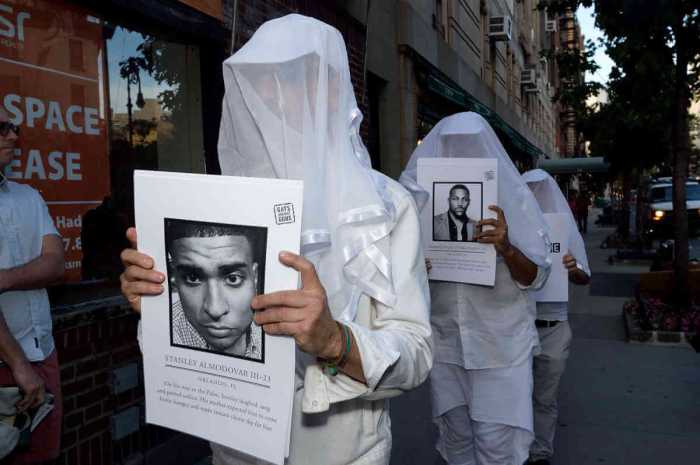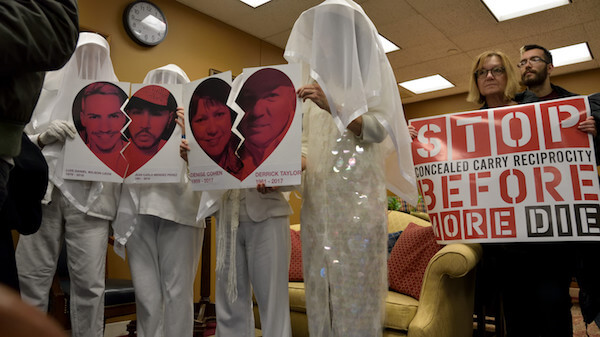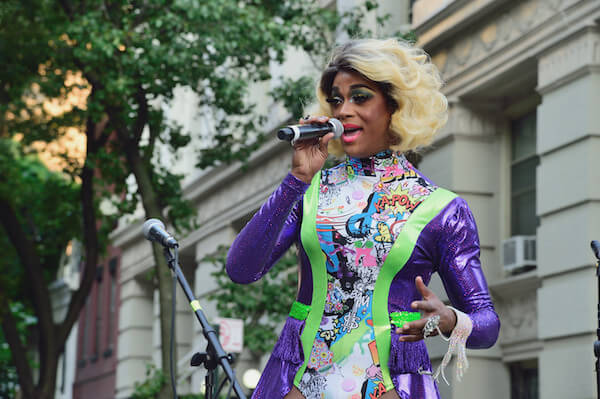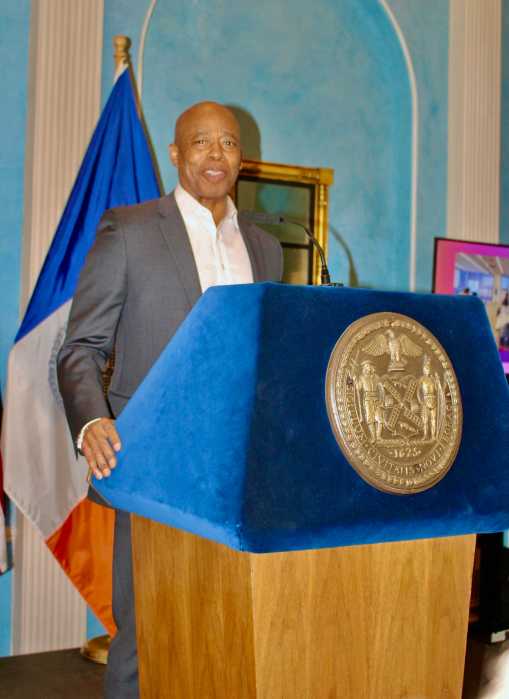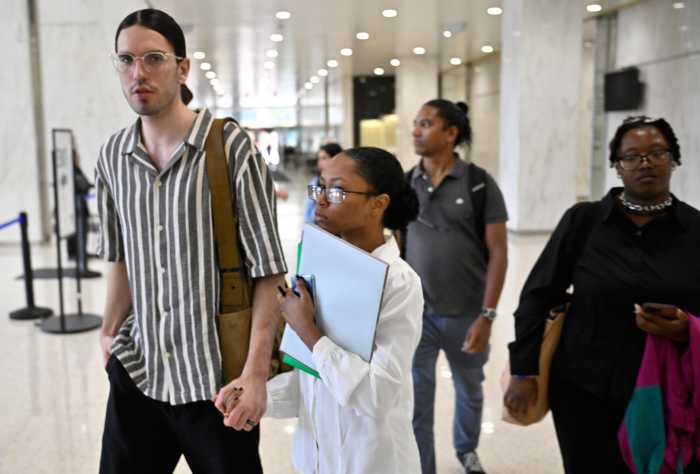COVER PHOTO BY DONNA ACETO/ COVER DESIGN BY MICHAEL SHIREY
In December 1950, when William Faulkner accepted the Nobel Prize in Literature in a speech in Stockholm, he confronted the agonizing existential fear that weighed heavily on the minds and spirits of people everywhere. Just five years after Hitler’s terror had been halted, it was impossible to forget that the World War was finally laid to rest only with atomic bombs over Hiroshima and Nagasaki. As a new war, the Cold War, heated up between the US and the Soviet Union, Faulkner’s analysis of the quandary boiled down to this: “There are no longer problems of the spirit. There is only the question: When will I be blown up?”
Yet, Faulkner did not, in fact, accept those terms of debate. Instead, he said — boldly — “I refuse to accept this. I believe that man will not merely endure: he will prevail.”
As I consider the horror of what took place at the Pulse nightclub in the early morning hours of June 12 as well as the varieties of hatred that contributed to that tragedy and the perilous state of our national conversation about all of this, I would like to believe in Faulkner’s optimism. I would like to believe that not only will love endure, but that it will prevail.
But it’s not as simple as all that. There is no inevitability of love prevailing, or for that matter of man prevailing. And a careful reading of Faulkner makes clear that he saw no such inevitability, either.
Instead, love is and must be the main project of our lives. Love is a victory — one born equally out of action and out of spiritual centeredness. If love is to prevail, we have to make a decision that it is to be so and we must live our lives, practice our politics, and govern our nation in ways that allow for the necessary moral fitness to make that a reality.
Omar Mateen’s life and actions will likely always remain an enigma, even to those privy to the very best intelligence about what led him to his awful crime. It’s undeniable, however, that he was schooled in a climate and culture seeped in both homophobic hatred of the freedoms increasingly enjoyed by the LGBT community and a twisting of Islamist teachings that demonizes the secular path of Western society.
What both factors have in common is the misuse of religious tenets and teachings to dehumanize the “other” — potentially anyone who is different than us in beliefs, race or ethnicity, gender or gender expression, or ways of loving. It is not possible to kill in the way Mateen did unless the victims can be understood as less than human. That dehumanization has been the object of every wartime propaganda campaign in history, and it is the reason why hate crimes are so often marked by levels of violent overkill not often seen even by the most hardened law enforcement personnel.
The LGBT rights movement has seen astonishing success in America, particularly over the past dozen years or so. Still, hatred persists — we see it not only in the persistence of anti-LGBT violent crime, particularly targeting transgender women, many of them women of color, but also in the vicious rhetoric used by so-called “respectable” public officials. On the morning news of the Orlando massacre surfaced, Texas Lieutenant Governor Dan Patrick tweeted, “Do not be deceived: God cannot be mocked. A man reaps what he sows.” This from the man who led the charge last year on repealing Houston’s LGBT human rights ordinance by casting transgender women essentially as sick men whose real motivation was to worm their way into women’s bathrooms and locker rooms.
Reaping what you sow, indeed.
How to change this state of affairs? Donald Trump would have us believe he is the LGBT community’s best friend. Stepping up immediately to revive his demand that Muslim entry into the US be halted, he told a crowd in Greensboro, North Carolina, “We want to live in a country where gay and lesbian Americans and all Americans are safe from radical Islam, which, by the way, wants to murder and has murdered gays.”
But as Reverend Chloe Breyer, executive director of the Interfaith Center of New York, told a vigil outside Judson Memorial Church on the evening of the killings, “Islamophobia is not the answer to homophobia.”
Demonizing Muslims will advance no important goal. Relations between the LGBT community and Islamic Americans will not improve. The lives of LGBT Muslims will be made no easier. And the goal that every sane person has — building understanding and cooperation between Western nations and their domestic Muslim communities and the Islamic world generally — will only be set back.
It’s time to build bridges, not walls. And that’s not just a handy political sound bite. It's an urgent moral imperative.
On the night Martin Luther King, Jr., was assassinated in April 1968, New York Senator Robert F. Kennedy, speaking to a largely poor, African-American audience in Indianapolis, quoted the ancient Greek tragedian and poet Aeschylus:
Even in our sleep,
pain which cannot forget
falls drop by drop upon the heart,
until, in our own despair,
against our will,
comes wisdom
through the awful grace of God.
Kennedy then said, “What we need in the United States is not division; what we need in the United States is not hatred; what we need in the United States is not violence and lawlessness, but is love, and wisdom, and compassion toward one another, and a feeling of justice toward those who still suffer within our country, whether they be white or whether they be black.”
And, now too, whether they be Latino or Muslim, gay or straight, transgender or cisgender. This is the lesson of this year’s Pride Season.


